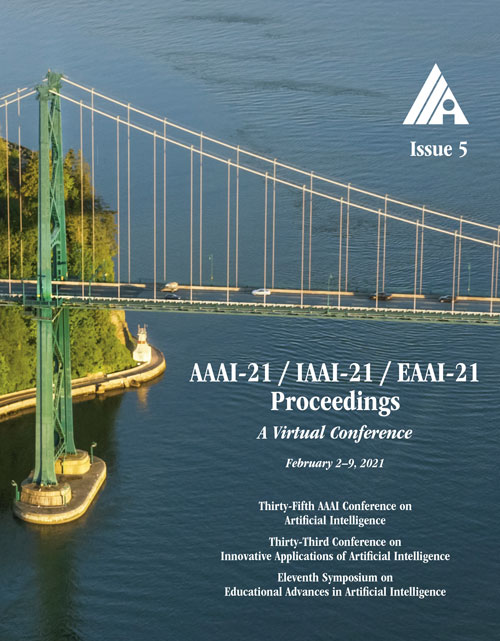A Graph-based Relevance Matching Model for Ad-hoc Retrieval
DOI:
https://doi.org/10.1609/aaai.v35i5.16599Keywords:
Web Search & Information RetrievalAbstract
To retrieve more relevant, appropriate and useful documents given a query, finding clues about that query through the text is crucial. Recent deep learning models regard the task as a term-level matching problem, which seeks exact or similar query patterns in the document. However, we argue that they are inherently based on local interactions and do not generalise to ubiquitous, non-consecutive contextual relationships. In this work, we propose a novel relevance matching model based on graph neural networks to leverage the document-level word relationships for ad-hoc retrieval. In addition to the local interactions, we explicitly incorporate all contexts of a term through the graph-of-word text format. Matching patterns can be revealed accordingly to provide a more accurate relevance score. Our approach significantly outperforms strong baselines on two ad-hoc benchmarks. We also experimentally compare our model with BERT and show our advantages on long documents.Downloads
Published
2021-05-18
How to Cite
Zhang, Y., Zhang, J., Cui, Z., Wu, S., & Wang, L. (2021). A Graph-based Relevance Matching Model for Ad-hoc Retrieval. Proceedings of the AAAI Conference on Artificial Intelligence, 35(5), 4688-4696. https://doi.org/10.1609/aaai.v35i5.16599
Issue
Section
AAAI Technical Track on Data Mining and Knowledge Management

